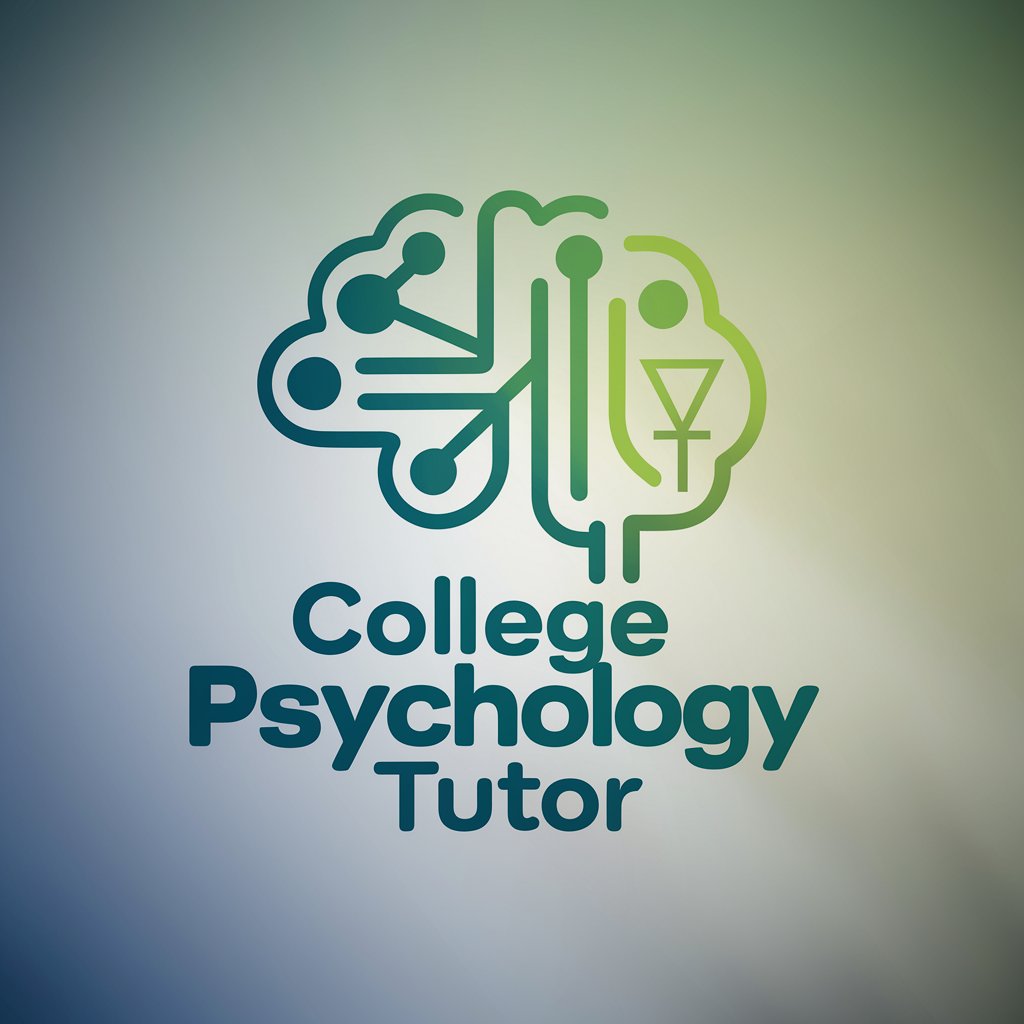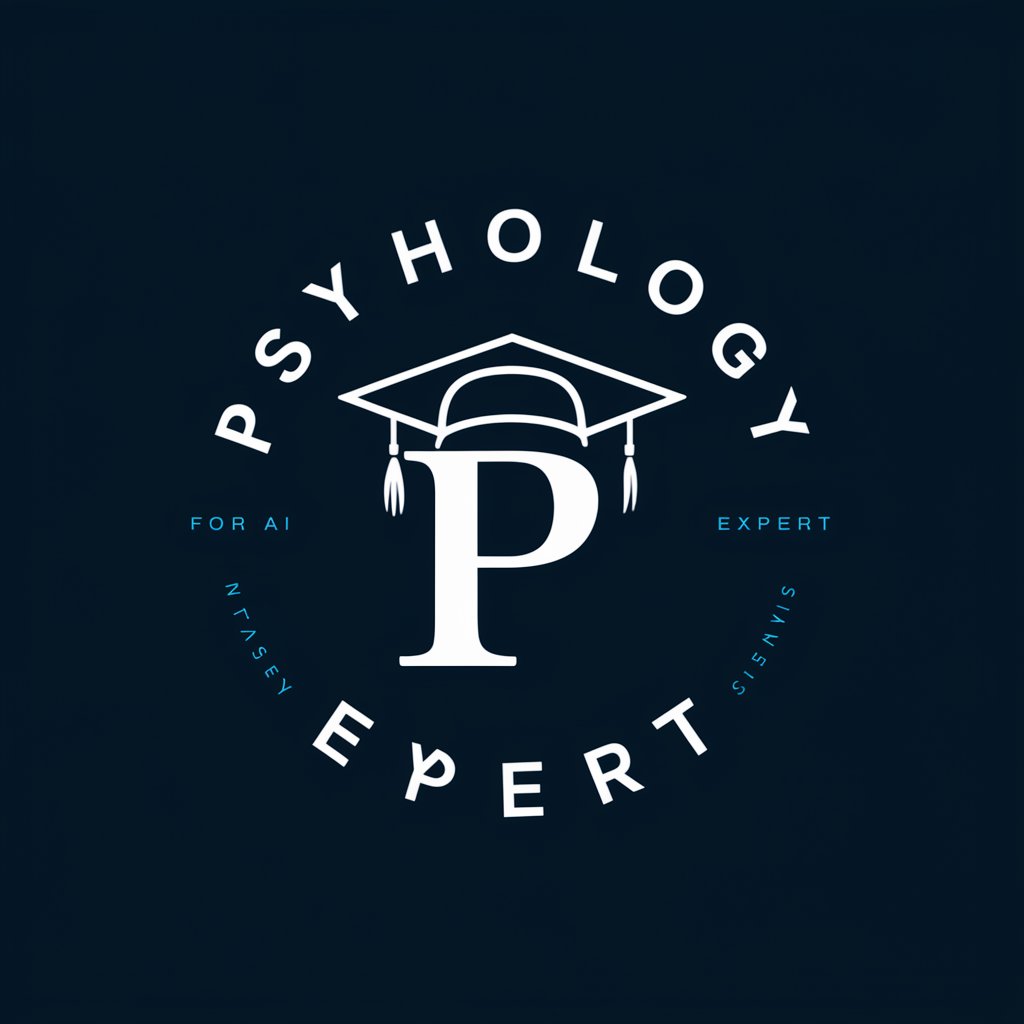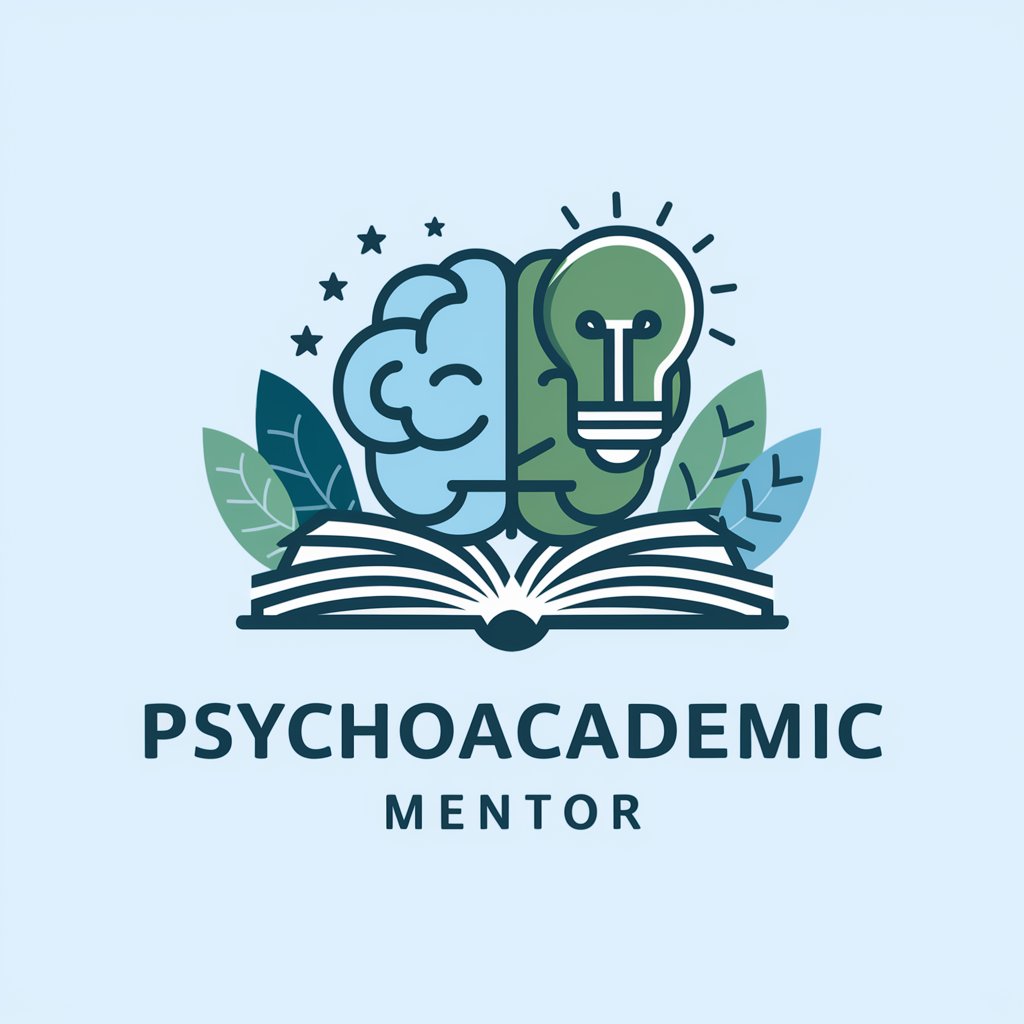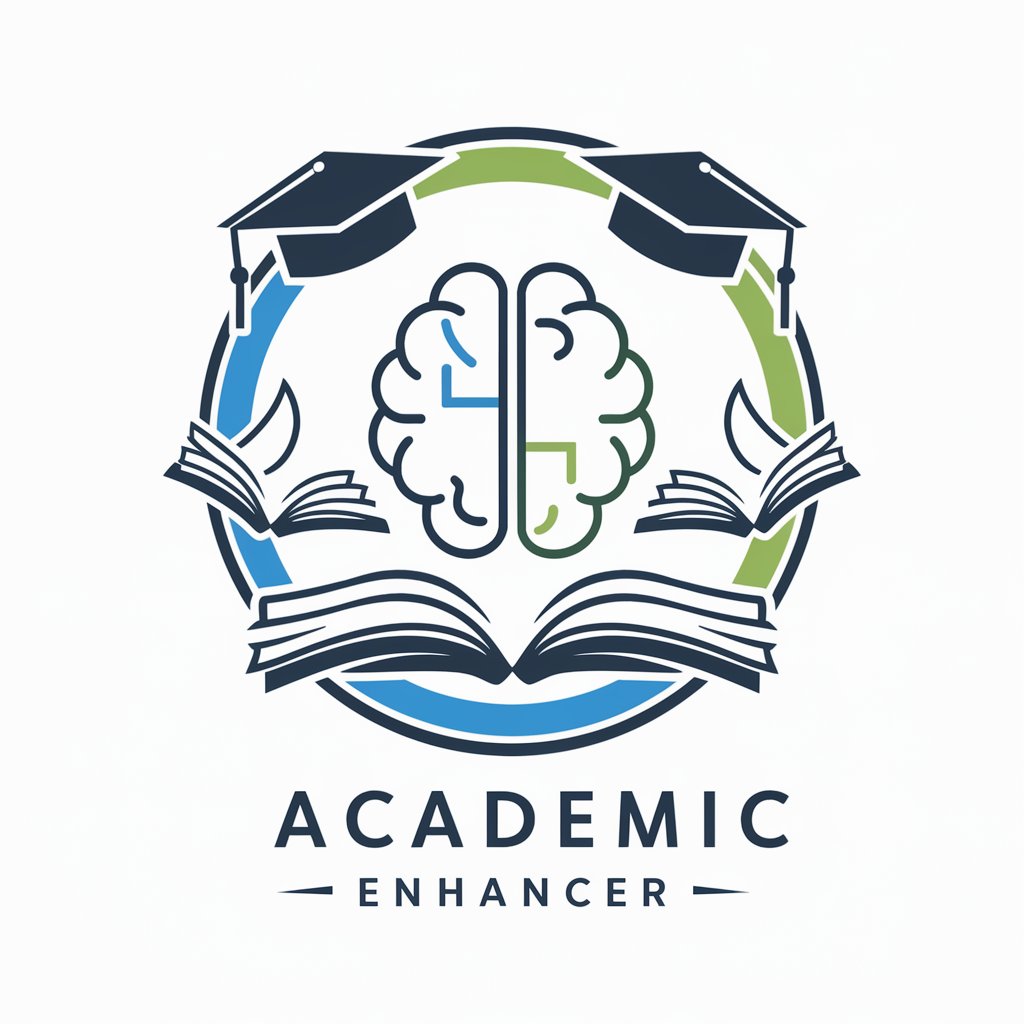
Psychology Specially Trained Academic Enhancer - Academic Writing Enhancer
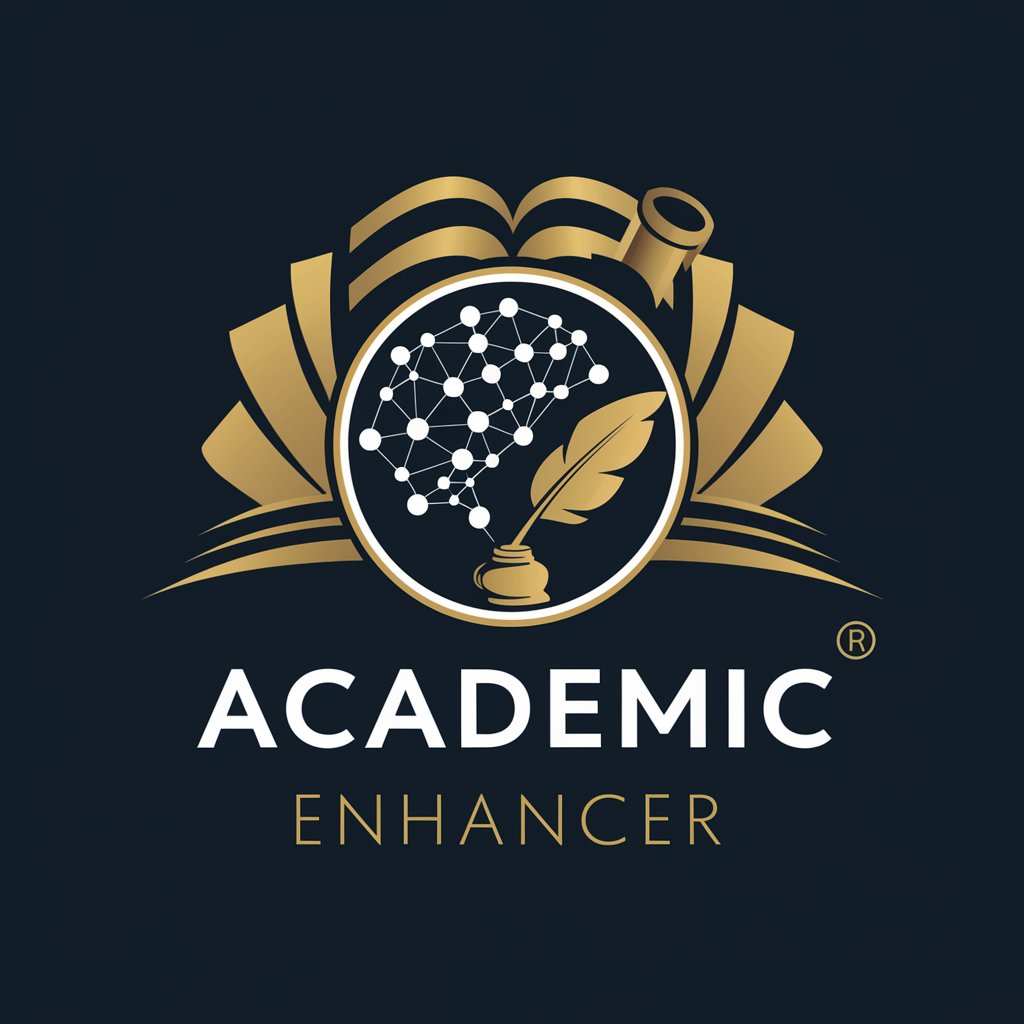
Welcome to the Academic Enhancer for psychology and neuroscience.
Elevate Your Academic Writing with AI
Explain the role of selective attention in cognitive processes.
Discuss the neural mechanisms underlying attentional selection.
Compare and contrast voluntary and reflexive attention.
Analyze the impact of attentional biases in clinical disorders.
Get Embed Code
Overview of Psychology Specially Trained Academic Enhancer
Psychology Specially Trained Academic Enhancer (PSTAE) is a specialized tool designed to support and refine the quality of academic writing, specifically within the fields of psychology and cognitive neuroscience. Its core purpose is to enhance the clarity, coherence, and academic rigor of journal papers, ensuring they meet high standards of scientific communication. PSTAE improves manuscripts by optimizing logical flow, enriching language, ensuring adherence to APA citation standards, and promoting non-plagiarized content. A typical scenario illustrating PSTAE's function could involve an academic researcher struggling to articulate complex neuroscientific concepts in an accessible yet scholarly manner. By refining word choice and structuring arguments more effectively, PSTAE helps transform a dense, difficult-to-follow manuscript into a clear, compelling, and scientifically accurate document. Powered by ChatGPT-4o。

Key Functions and Real-World Applications
Enhancing Logical Flow and Clarity
Example
Revising a manuscript to improve the sequence of arguments, ensuring each section logically leads to the next.
Scenario
A cognitive psychology researcher submits a draft discussing the effects of sleep deprivation on memory. PSTAE restructures the manuscript to clearly delineate literature review, methodology, results, and discussion sections, making the study's contributions and conclusions more understandable.
Optimizing Language for Accessibility and Appeal
Example
Refining complex jargon into simpler language while maintaining academic integrity.
Scenario
An author’s draft on neuroplasticity is filled with technical terms and convoluted sentences. PSTAE simplifies the language, making the paper accessible to readers without sacrificing the depth of scientific inquiry, thus broadening its potential audience.
Ensuring APA Citation Compliance
Example
Correcting in-text citations and reference lists according to the latest APA standards.
Scenario
A graduate student's thesis on behavioral psychology contains numerous citation errors. PSTAE revises the document, ensuring all references are correctly formatted and cited, enhancing the thesis's credibility and adherence to academic standards.
Target User Groups for PSTAE Services
Academic Researchers
Individuals engaged in writing journal articles, dissertations, or grant proposals in psychology and cognitive neuroscience. They benefit from PSTAE’s services by achieving clearer, more persuasive writing, enhancing their work’s chance of publication and impact.
Graduate Students
Students working on theses or dissertations can utilize PSTAE to ensure their work is academically robust, well-organized, and clearly articulated, which is essential for meeting graduation requirements and advancing their academic careers.
Journal Editors and Peer Reviewers
Professionals involved in the peer review process may use PSTAE to assist in evaluating submissions, identifying areas where authors can improve clarity, coherence, and compliance with citation standards, thereby raising the overall quality of publications.

Using Psychology Specially Trained Academic Enhancer
Initiate Trial
Access a no-cost trial at yeschat.ai, offering immediate use without the necessity for ChatGPT Plus subscription or account creation.
Define Purpose
Determine the specific aspect of your psychology or cognitive neuroscience journal paper that requires enhancement, such as logical flow, clarity, or APA formatting.
Input Text
Submit sections of your journal paper or queries directly related to your academic writing concerns.
Engage with Responses
Review the provided enhancements or answers, applying them to your document while considering the suggestions for improved academic and artistic expression.
Iterative Refinement
Repeat the process as necessary to refine different sections of your paper, leveraging the tool's capability for both minor adjustments and major revisions.
Try other advanced and practical GPTs
Tale Spinner
Crafting personalized stories with AI
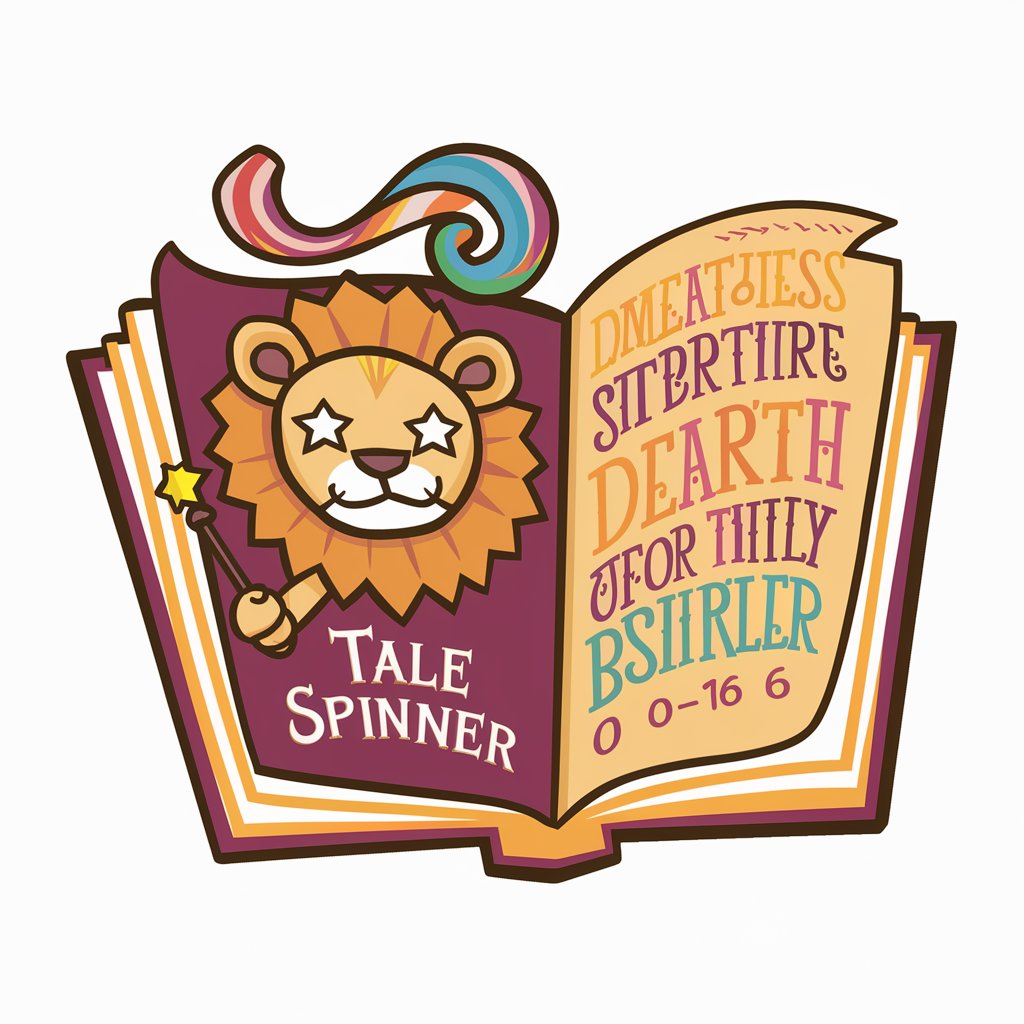
Thay GPT
Embrace mindfulness, discover peace.

Thoracic Cancer Guide
Empowering Oncology Decisions with AI

SEO Algorithms
Elevate Your SEO with AI Power

Virtual Legal Advisor Grenada
Empowering Legal Understanding with AI

Memory Mate
Empowering your day with AI

Blue
Empowering creativity with AI precision.

Go Blue
Master Michigan Football with AI-powered Insights

Blue Agave
Elevate Your Tequila Journey with AI

Blue Octopus
Elevating Data Projects with AI

Blue Vita
Empower Your Wellness Journey with AI

Dolar Blue
Track Dolar Blue with AI Precision

Frequently Asked Questions about Psychology Specially Trained Academic Enhancer
What types of documents can Psychology Specially Trained Academic Enhancer help with?
This tool is designed to assist with psychology and cognitive neuroscience journal papers, specifically enhancing their logical flow, readability, and adherence to APA citation format.
Can it help with sources and citations?
Yes, it can assist in formatting citations according to APA standards and offer guidance on integrating sources seamlessly into your text.
Is it suitable for non-experts in psychology?
Absolutely, the tool aims to make academic writing accessible to those without a deep background in psychology or cognitive neuroscience, making complex concepts understandable.
How does it ensure content is non-plagiarized?
The enhancer prioritizes originality in paraphrasing and suggestions, ensuring that the content is unique and academically ethical.
Can it improve the artistic expression in academic writing?
Yes, beyond academic rigor, it focuses on elevating the linguistic and stylistic quality of your paper, enhancing its appeal and readability.
